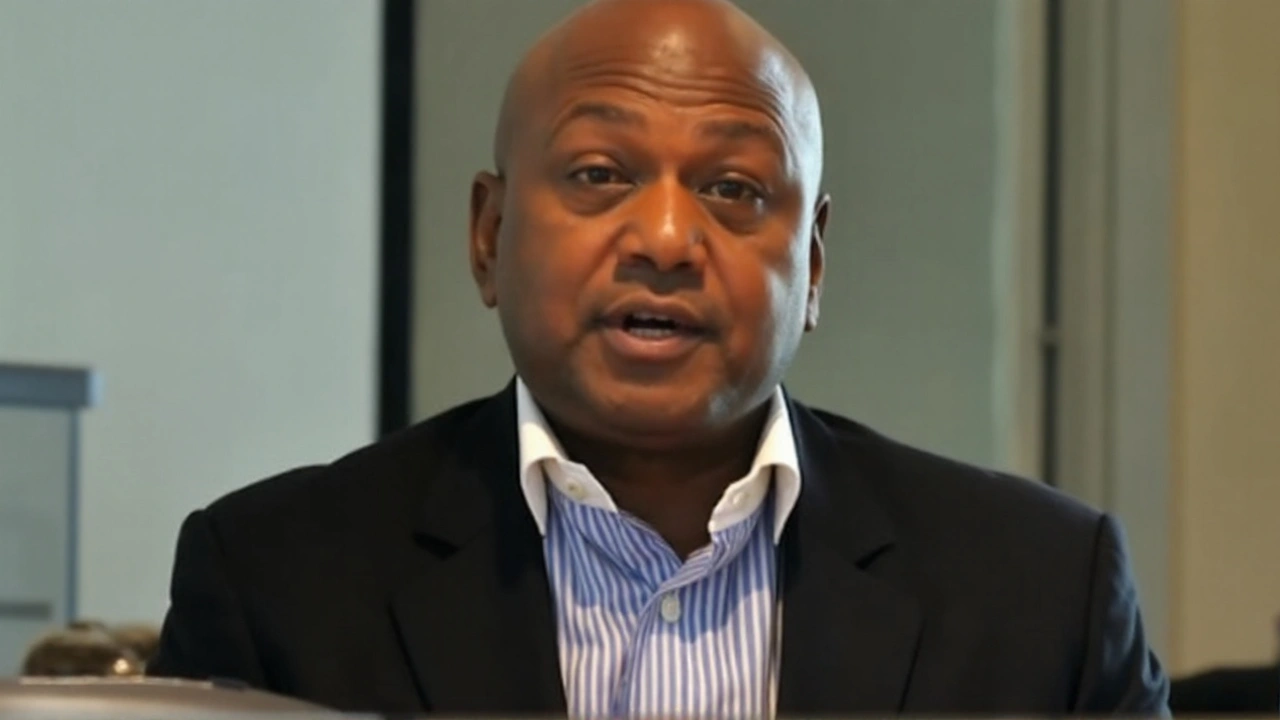Understanding Hate Speech: What You Need to Know
Hate speech isn’t just about harsh words; it’s language aimed at attacking or belittling people based on traits like race, religion, gender, or ethnicity. It often sparks tension and can lead to real harm in communities. Knowing what counts as hate speech helps us recognize when normal disagreement crosses into dangerous territory.
For example, calling someone names because of their background isn’t just rude—it can escalate into bullying, discrimination, or even violence. Hate speech can show up in social media posts, public speeches, or everyday conversations, sometimes disguised as jokes or opinions. That’s why it’s crucial to stay alert and think critically about the words we hear and share.
Why Hate Speech Is a Big Deal
When hate speech spreads, it damages trust and safety in society. It can make people feel targeted, scared, and isolated. This isn’t just about feelings—hate speech can fuel discrimination, unfair treatment, or hate crimes. Countries often have laws that try to balance free speech with protecting people from hate speech, but the line isn’t always clear. Understanding the impact helps us support fair rules that keep everyone safe without shutting down honest discussion.
So how do you deal with hate speech? It starts with standing up to it when you see it and supporting those who are targeted. Whether online or offline, pushing back against hateful words can stop them from spreading. Education about hate speech can build awareness and less tolerance for harmful language.
Spotting Hate Speech in Daily Life
Watch out for language that dehumanizes others—like slurs, threats, or calls for exclusion. Sometimes hate speech is subtle, wrapped in stereotypes or coded words. If a phrase feels like it singles out and harms a group unfairly, it’s worth questioning. Most importantly, don’t ignore your gut feeling if something sounds off. Talking about hate speech openly helps break the cycle and promotes respect.
By learning about hate speech, we get better at creating communities where everyone feels safe and valued. It’s everyone’s responsibility to know the signs and take action—whether by reporting harmful content online, educating friends, or simply choosing kindness in our own words.
Johannesburg High Court orders Kenny Kunene to apologise to Julius Malela for hate speech
A Johannesburg High Court ruled that Patriotic Alliance figure Kenny Kunene used hate speech when he called EFF leader Julius Malema a "cockroach" on TV in 2021. The court upheld that the slur has genocidal roots, but said "little frog" and "criminal" do not qualify as hate speech. Kunene must publish a public apology within a month and cover Malema's legal costs, sparking debate over free speech in politics.
View moreNCIC Intensifies Investigation into 43 Hate Speech Cases as Legal Proceedings Begin
The National Cohesion and Integration Commission (NCIC) is examining 43 hate speech cases in Kenya, with two already in court. The rising problem of hate speech has prompted increased legal and social action, stressing the necessity for cohesive national dialogue.
View more
